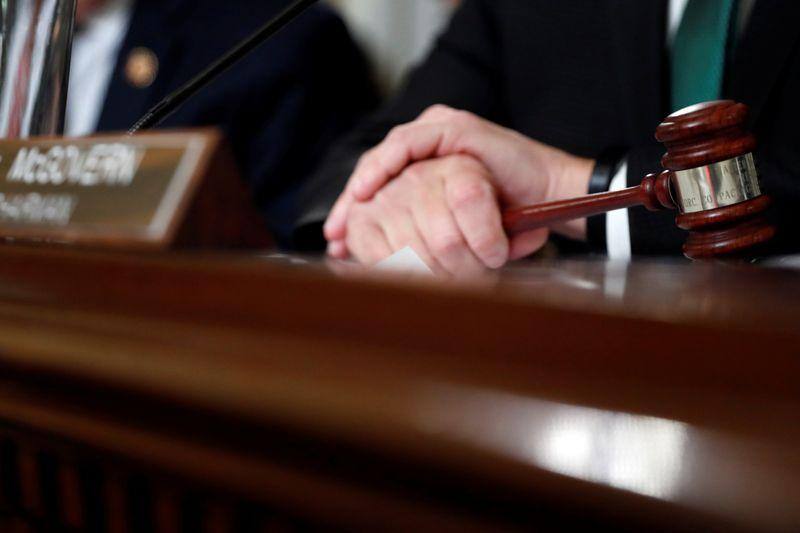Reuters this week published an investigation revealing how state and local judges have repeatedly escaped public accountability for misdeeds that have victimized thousands. A year-long Reuters investigation, by Michael Berens and John Shiffman, found that nine out of every 10 judges were allowed to keep their positions of extraordinary power after violating judicial ethics rules or breaking laws they pledged to uphold. This was the first comprehensive accounting of judicial misconduct nationally. Reuters investigated 1,509 cases from the last dozen years in which judges resigned, retired or were publicly disciplined following accusations of misconduct. Reuters also identified another 3,613 cases from 2008 through 2018 in which states disciplined wayward judges but kept hidden from the public key details of their offenses. Berens, a Pulitzer Prize-winning investigative reporter for Reuters, explained how the investigation started: "Over the years, many of us have seen local news briefs about wayward judges, usually after some crazy comment or behavior. This story began with a simple question that did not have an easy answer: How many judges have been disciplined for violating their oaths or breaking the law? Nobody knew. A cornerstone of investigative reporting is precision. So, we decided to track judicial disciplinary actions over the last decade from every state and the District of Columbia. Using spreadsheets, we created databases built from state records and a myriad of sources to categorize the nature of each violation. We also hit on a novel idea: count the many victims of judicial misconduct. Analysis of our spreadsheet data guided our reporting." Berens continued, "At least 5,206 people were directly affected by a judges' misconduct. The victims ranged from people who were illegally jailed to those subjected to racist, sexist and other abusive comments from judges in ways that tainted the cases. We traveled to a dozen states, conducted hundreds of interviews and obtained previously undisclosed court and law enforcement documents, including audio and video recordings. We were driven by a public service mission to reveal how states err on the side of protecting the rights and reputations of judges, not on the concerns of victims or the public." On the common themes with judges who have committed misconduct, Berens said, "Secrecy was a universal theme. Each U.S. state has an oversight agency that investigates misconduct complaints against judges. Judges accused of misconduct negotiated settlements to publicly seal investigative files. Thousands agreed to minor state sanctions, often no more than a written rebuke, if their identities were withheld from the public. Judges' legal powers are vast and varied – from determining whether a defendant should be jailed to deciding who deserves custody of a child. Even the lowliest courts with the least experienced judges – some locations literally a storefront-style office – held these same powers. We encountered victims of judicial misconduct in every state." Berens concluded by saying, "The best investigations expose wrongdoing or injustice and spark reform. We endeavor to give voice to the voiceless. Here, we sought to shine a public spotlight on a secretive and protective niche of the justice system where thousands of judges violated their oaths and the law with scant consequences." Read the full investigation by Reuters team of journalists Michael Berens, John Shiffman, Andrea Januta, Caroline Monahan, Isabella Jibilian and Blake Morrison. Learn more on how Reuters tracked judicial misconduct and the methodology behind examining thousands of investigative files and reports. [Reuters PR blog post] Media contact: Deepal. Patadia @thomsonreuters.com
Inside the Reuters year-long investigation into judicial misconduct across the U.S.
Date: 1 July 2020
By: Heather



